
Business @ the Speed of Thought
Using a Digital Nervous System
Recommendation
"Words are like leaves; and where they most abound / much fruit of sense beneath is rarely found," wrote Alexander Pope, hundreds of years before critics said roughly the same thing about Bill Gates’s Business @ the Speed of Thought. But when the words in question come from the pen of Microsoft’s chairman, businesspeople and technophiles the world over rush to read them in search of whatever enlightening morsels might be hidden within. Indeed, the strength of this book, which sometimes reads like a Windows operating manual, is not in the grace of its prose. Rather, its value lies in the glimpse it gives of the world through the eyes of one of its richest and most influential men. As Gates sees it, the migration of data to the electronic state from paper was the seminal event of our age, and his book gives his take on its implications - hardly an irrelevant picture coming from the head of the world’s dominant software company. getAbstract recommends this book to any executive charged with developing a digital strategy.
Summary
About the Author
Bill Gates, a college dropout, is the chairman of Microsoft Corp. and has more money than anyone else in the world (over $100 billion). His previous book was The Road Ahead. He lives with his wife and daughter in Seattle, WA. The U.S. Justice Department plans to take a wrecking ball to his company, but he’ll still have more money than anyone else in the world.









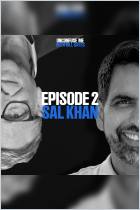








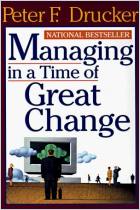
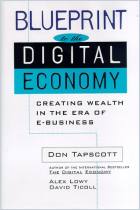
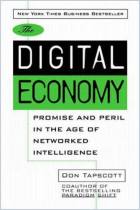
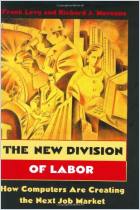
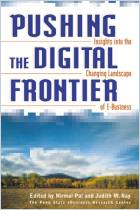
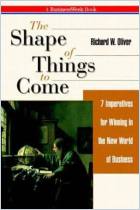



Comment on this summary or Start Discussion